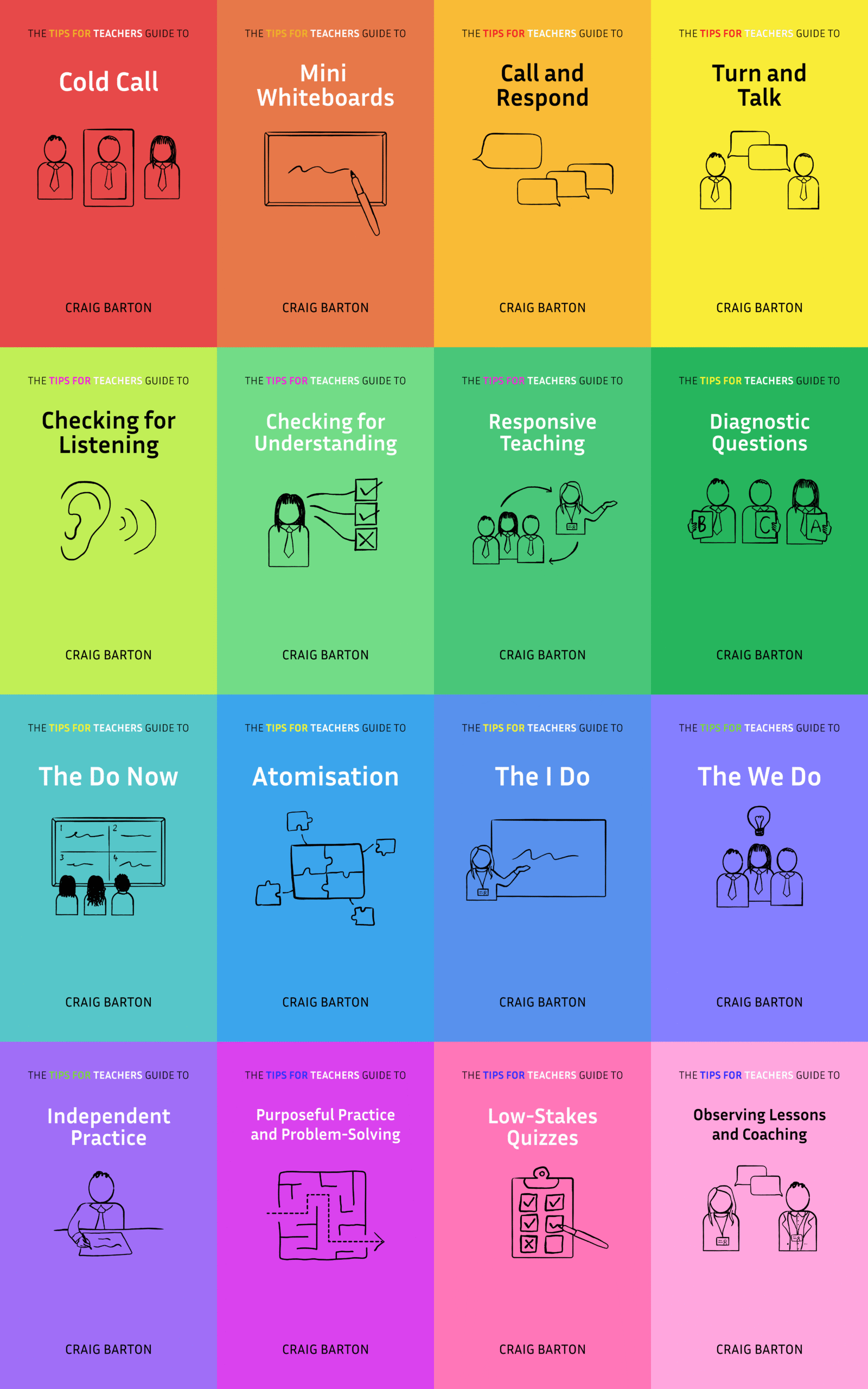
- Title: The Relation Between Perceived Mental Effort, Monitoring Judgments, and Learning Outcomes: A Meta-Analysis
- Authors: Louise David, Felicitas Biwer, Martine Baars, Lisette Wijnia, Fred Paas & Anique de Bruin
- Access the original paper here
- Listen to a deep-dive podcast:
Paper summary
This meta-analysis examines the relationship between perceived mental effort, monitoring judgments (of learning), and actual learning outcomes. The researchers used a meta-analytic structural equation model to analyze data from 35 studies, finding a negative correlation between perceived mental effort and monitoring judgments, and a positive correlation between monitoring judgments and learning outcomes. A negative indirect effect was observed between perceived mental effort and learning outcomes, mediated by monitoring judgments; suggesting learners may misinterpret high mental effort as indicating poor learning. Despite testing several moderators, no significant differences were found across subgroups. The study concludes that perceived mental effort serves as a cue for monitoring but is not directly predictive of learning outcomes.
What are the key implications for teachers in the classroom?
The sources highlight some key implications for teachers in the classroom regarding students’ perceptions of mental effort:
- Teach students how to correctly interpret their mental effort experiences. Students tend to interpret high mental effort as an indicator of poor learning. However, the sources suggest that mental effort is only indirectly related to learning outcomes through monitoring judgments. Teachers need to help students understand that high mental effort can be beneficial for learning, especially when it stems from challenging but achievable tasks.
- Incorporate generative strategies to facilitate learners’ calibration of their perceived learning. For example, encouraging students to generate keywords, summaries, or diagrams while reading can help them develop more accurate monitoring judgments.
- Provide students with feedback on their learning outcomes. Feedback can help students understand their actual learning progress and adjust their learning strategies accordingly. It can also help them align their perceived effort and perceptions of learning with their actual learning.
- Consider carefully whether to ask students to rate their mental effort. While mental effort can be a useful cue for monitoring, asking students to explicitly rate it might lead to misinterpretations and biased judgments of learning.
- Address the paradox of desirable difficulties. Desirable difficulties are learning conditions that are effortful but enhance long-term retention. Teachers need to explain to students that the initial effort associated with desirable difficulties, such as retrieval practice, can lead to better learning in the long run, even if immediate learning outcomes seem lower.
- Recognize the limitations of immediate learning outcomes. The studies included in the meta-analysis primarily focused on immediate learning outcomes. Teachers should keep in mind that monitoring judgments based on immediate performance may not accurately reflect long-term learning. Future research is needed to explore the relationship between mental effort, monitoring, and long-term learning.
- Consider the role of motivation in students’ learning. Motivation can influence how students experience mental effort and monitor their learning. Teachers should strive to create a motivating learning environment and consider individual differences in students’ motivational profiles.
Overall, the sources emphasize the complex interplay between mental effort, monitoring, and learning outcomes. Teachers need to be aware of these relationships and adopt instructional approaches that support students in accurately monitoring their learning and regulating their effort effectively. By fostering a deeper understanding of metacognitive processes, teachers can help students become more self-regulated learners.
Quote
These findings suggest that mental effort is used as a cue for monitoring judgments and is only indirectly related to immediate learning outcomes via monitoring judgments








